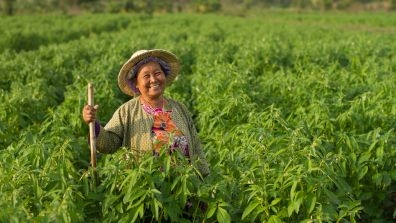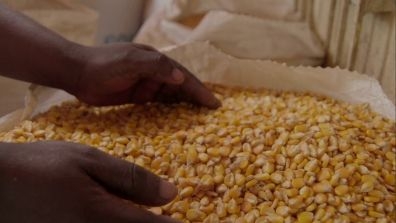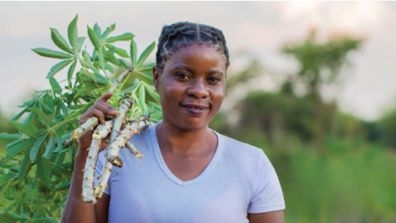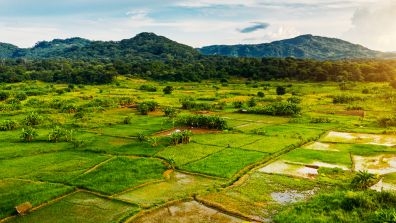The Global Agriculture and Food Security Program (GAFSP) held a successful joint meeting of its Steering Committee and its Donor Committee for the GAFSP Private Sector Window in Washington DC on April 1-3, 2025. The meeting sets GAFSP on a clear pathway forward, confirming the mission of the Program to improve food and nutrition security and the livelihoods of smallholder producers and communities in the poorest and most vulnerable countries. The Steering Committee agreed to advance the Program’s “Vision 2030” strategic planning process for the next five years and to announce a new GAFSP Call for Proposals from Producer Organizations in May 2025 with an indicative budget of $38 million.
During the Private Sector Window (PrSW) Donor Committee meeting, GAFSP reaffirmed its commitment to innovative financing mechanisms implemented by IFC that are aimed at mobilizing private investment in agri-food sectors in low income countries where it is needed the most. Since its inception, the GAFSP PrSW has approved $505 million in investments and $54 million in advisory projects delivered by IFC across 35 countries, directly benefiting more than two million smallholder farmers. At the Donor Committee meeting, the PrSW shared plans for the implementation of the recently launched, UK-funded Local Currency Financing (LCF) pilot. This pilot provides an innovative local currency solution to the PrSW toolkit, addressing a critical gap in access to finance. Additionally, the PrSW launched the 2025 edition of Changing Lives, GAFSPs flagship publication that highlights the impact of investments by sharing the experiences of smallholder farmers living in some of the world’s most challenging markets.
The Steering Committee agreed on a “Vision 2030” statement that will be used as a conceptual framework to develop a new feasible and actionable GAFSP Strategic Plan through costed scenarios for the 2025-2030 period. While noting the challenging resource context, the Steering Committee expressed strong support for GAFSP’s ambitions to maximize collective impact, synergies, and integration of approaches and investments in resilient agrifood systems at the country and regional levels and improve the effectiveness of increasingly scarce resources for longer-term investments in food and nutrition security. Depending on future resource availability, GAFSP support would seek to more effectively leverage its funding tools and partnerships to catalyze more public and private investments into agriculture and agri-food value chains.
The Steering Committee reviewed proposals under GAFSP’s newly launched Business Investment Financing Track from the African Development Bank, Asian Development Bank and International Fund for Agricultural Development. Finally, the meeting explored strategic partnership opportunities between GAFSP and the African Union (AU), including potential GAFSP support in AU member states to implement the Kampala Comprehensive Africa Agriculture Development Program (CAADP) Declaration adopted earlier this year.
GAFSP aims to present the Vision 2030 strategic plan for approval at its next Steering Committee meeting.




